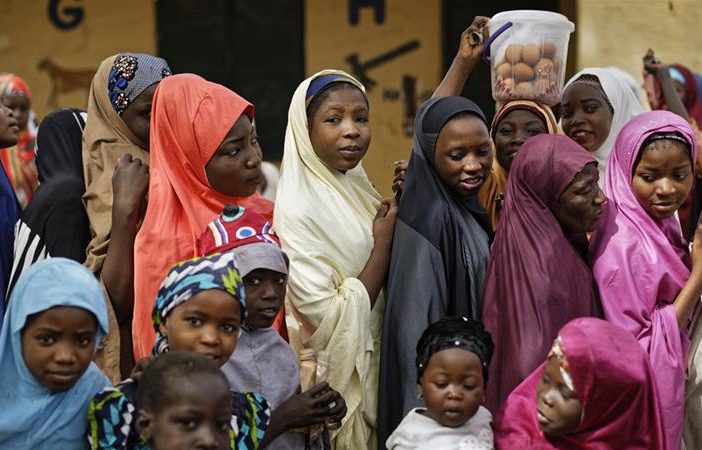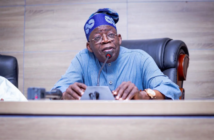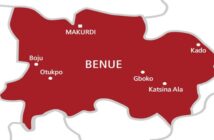A gender rights activist, Mrs Dorothy Njemanze, has described social conditioning as a major problem hindering women and girls from aspiring and asserting themselves in the society.
Njemanze spoke at a two-day workshop tagged: “Gender Reporting for Media Professionals” in Awka.
She described social conditioning as a process through which individuals, especially women, inherit the belief and behaviour of the society and act accordingly.
According to her, social conditioning deters the female gender from harnessing their potential.
“Social conditioning affects women in many areas and disempowers or limits their aspirations in life.
“Women are human beings and should not be objectified or put in a ‘box’, and when they act out of the ‘box’, the society sees them as rebels.
“Social conditioning is one of the reasons there are few women in leadership position; women still face storms, especially with climbing career ladder in the work place,’’ she said.
The gender activist said that social conditioning was a big hurdle for women in the areas of employment, livelihoods, education, rights, health and political representation.
“Many women suffer discrimination and are disadvantaged. We, therefore, need to fix the hurdle and hindrance that holds them down,” she said.
Njemanze urged women to be assertive about their needs and claim personal space when they were being denied.
She also urged the media professionals to integrate gender in reporting to improve the lives of girls in the country.
Also, Ms Ummi Bukar, Founder, Participatory Communication for Gender Development Initiative (PAGED), said it was disheartening that women were under-represented and rarely feature in media reporting.
Earlier, Ms Kawthar Ahmed, from Project Lead, said the workshop was aimed at training journalists to create and mobilise demand for fair and balanced portrayal of women in the media.
Kawthar said that the media has a lot to contribute to gender equality and empowerment in Nigeria.




